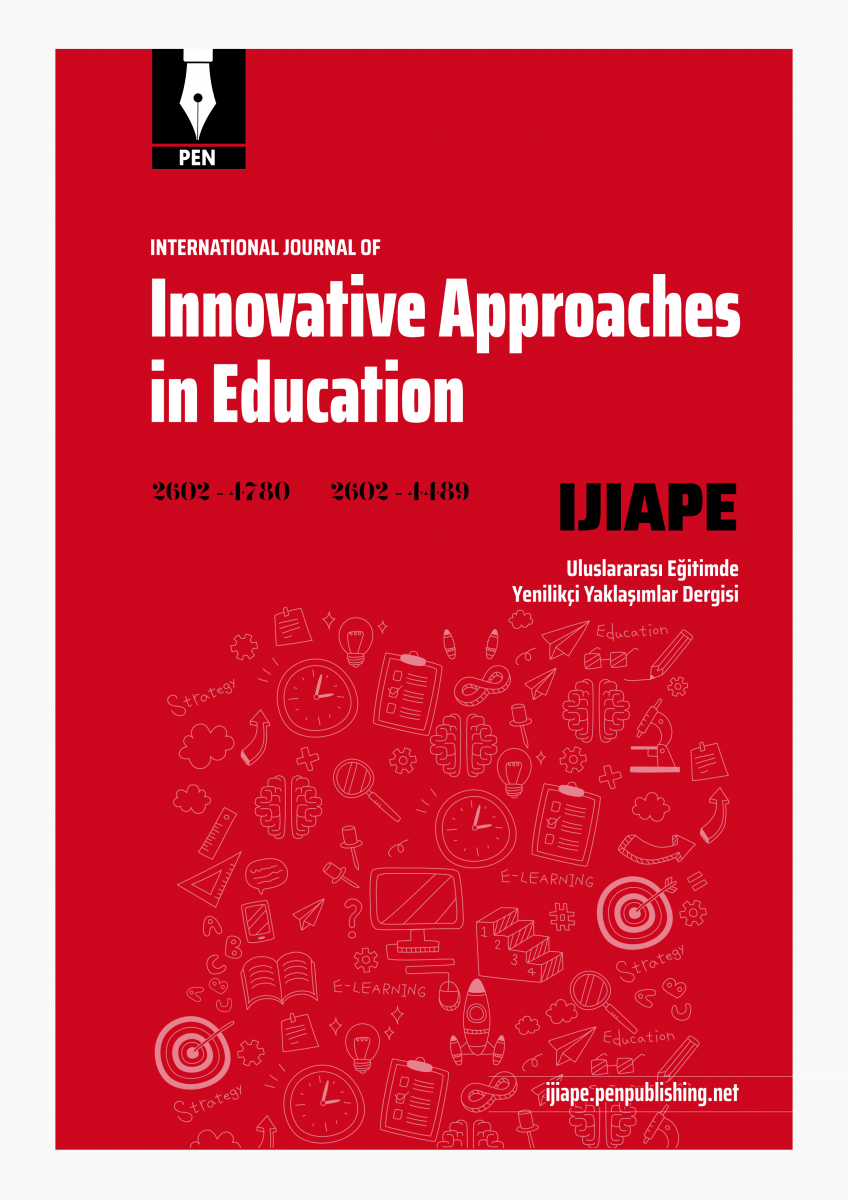Research article | Open Access
International Journal of Innovative Approaches in Education 2020, Vol. 4(3) 108-120
Assessing Impacts of the School Clinic on Academic Performance in Selected Secondary Schools in Oyo State
pp. 108 - 120 | DOI: https://doi.org/10.29329/ijiape.2020.271.4
Publish Date: September 29, 2020 | Single/Total View: 1.052/3.014 | Single/Total Download: 1.866/5.218
Abstract
Background: School Clinic is a health care facility within school intended to provide basic health care for students and refer them to the specialist or primary health center, these appreciate efforts and consideration to protect the health of children and other children with whom they may come in contact. This study was to assessing the impacts of the school clinic on academic performance on selected secondary schools in Oyo state.
Methods: The target populations of the study comprised only Senior Secondary School one to three (SSS 1-3) students within Ibadan metropolis, Oyo State. The study adopted non-experimental survey using quantitative approach. Purposive and simple random sampling techniques were used to select the sample. Assessing the Impacts of the School Clinic on Academic Performance on Selected Secondary Schools Questionnaire (AISCAPQ) was used to collect data for the study. Frequency and percentage scores of descriptive statistics were used to analyse research questions.
Results: The findings showed that school clinic is very supportive to teaching and learning outcome of the students through ability to have access to a good source for health information (59%), able to identify their health needs (57%), stayed in good physical health (59%) and mental health environments (41%). More also, the students have access to obtain test (23%), good medical treatment (28%) and also have access to specialist (23%). The study further showed that the impact of school clinic practices manifested in student academic performances through quick accessibility to drugs for immediate treatment which keeps them healthy for learning (71%) and provisions of treated bed nets in the school hostel that prevented malaria parasites and also protected the students learning activities (64%). The result further showed that there was a great relationship between the use of school clinic and student academic performance in the selected secondary schools which have manifested in reduction of students absenteeism (30%), drop-outs (31%) and also improved school performance (38%).
Conclusion: The study concluded that school clinic was very supportive to teaching and learning, has good impact and also contributed to the students' academic performance. The study recommended that each school should have school clinic and psychological care should part of services deliver by health care personnel in the clinic. Government should ensure establishment of school clinic in all government school both in rural and urban area and government should ensure regulation standard of school clinic.
Keywords: School clinic; academic performance; assessing; secondary schools; Nigeria
| How to Cite this Article? |
|---|
|
APA 7th edition Harvard Chicago 16th edition |
| References |
|---|
|

